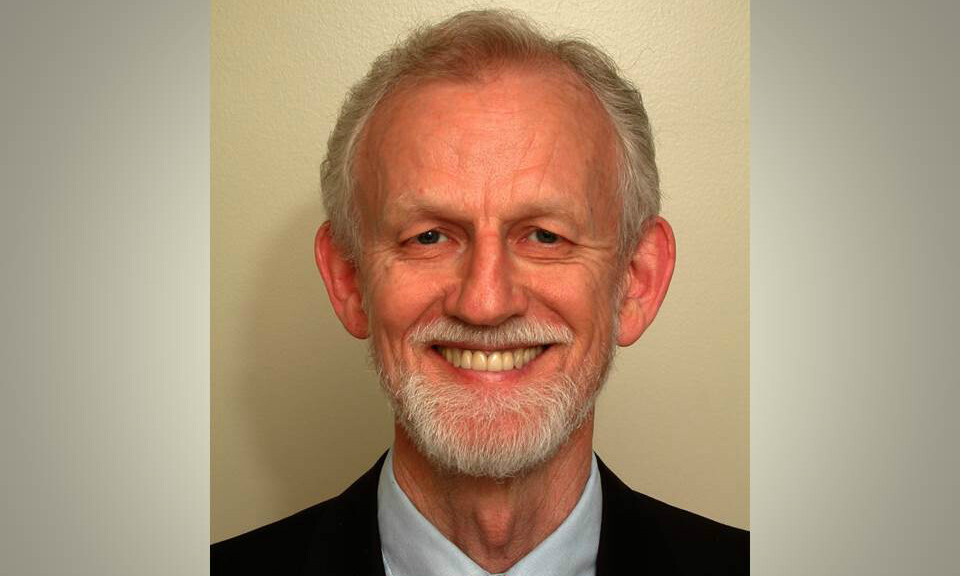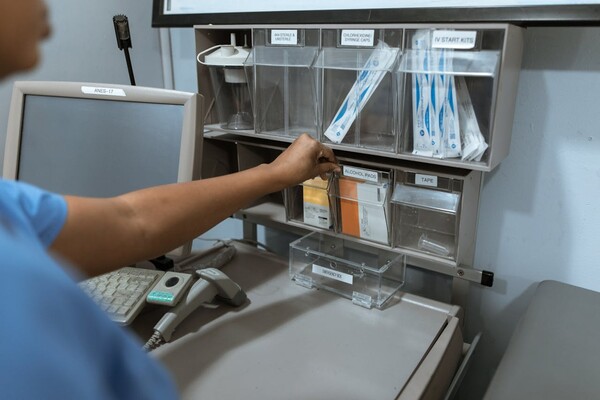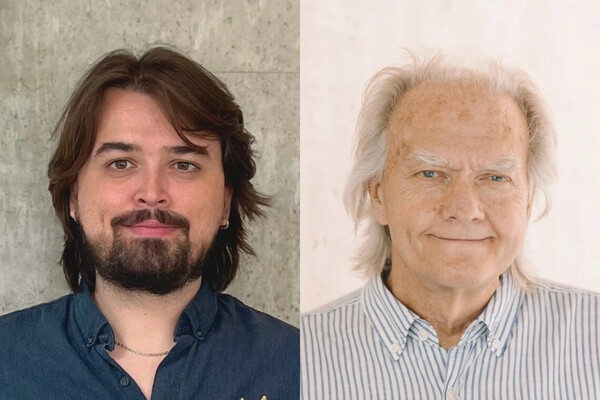Mobile Menu
- Education
- Research
-
Students
- High School Outreach
- Undergraduate & Beyond: Community of Support
- Current Students
- Faculty & Staff
- Alumni
- News & Events
- Giving
- About

Liam Mitchell

The seeds of his career in medical research were planted early in his childhood.
Growing up on the Canadian prairies, David MacLennan’s father was an elite seed grower who raised plots of those new varieties of disease-resistant grains that were being developed by the Federal Department of Agriculture and the University of Manitoba. Young David saw firsthand the power of science.
“The old, susceptible varieties withered, whereas the new, disease-resistant varieties thrived,” MacLennan explained.
On April 22 it was announced that MacLennan was among the newly elected Fellows of the American Academy of Arts and Science. It's the latest honour for the medical researcher, who has conducted groundbreaking work to understand how calcium fluxes within muscle tissue to regulate muscle contraction and relaxation. Understanding that process is critical to addressing muscle-related ailments, including heart conditions such as cardiomyopathy.
However, the road that led him to this point began on the family farm in Swan River, Manitoba (approximately 500 kilometres northwest of Winnipeg). The remote location meant that MacLennan had to complete part of his high school education through correspondence courses. But naturally curious, the self-directed learning prepared him well for the diverse pursuits that would follow.
MacLennan studied at the University of Manitoba, where he earned an undergraduate degree in agriculture science. However, he grew increasingly interested in the basic sciences and completed a Master’s and PhD in biological sciences from Purdue University. After serving as a postdoctoral fellow and Assistant Professor at the University of Wisconsin, he joined the University of Toronto’s Banting and Best Department of Medical Research. He’d go on to lead the department for 12 years and was named University Professor – U of T’s highest honor for faculty members – in 1993.
“My lab developed a reputation for training outstanding biological scholars from around the world, especially our postdoctoral fellows,” said MacLennan, who noted many are now faculty members at leading universities around the world, including at U of T. He has trained more than 70 postdocs, graduate students and visiting professors over the years.
His research has focused on how calcium moves through sarcoplasmic reticulum — or SR — which controls how muscle tissue contracts and relaxes. When this process doesn’t function properly, often due to underlying genetic causes, a range of diseases can occur. They include malignant hyperthermia (a toxic response to general anesthesia), central core disease (which causes progressive skeletal muscle degeneration), Brody myopathy (which slows skeletal muscle relaxation) and cardiomyopathy (when heart muscle progressively loses its ability to contract, leading to heart failure).
For his work, MacLennan has been recognized with many of the top awards in his field, including the Killam Prize (Health Sciences) in 1997, the Gairdner Foundation International Award in 1991, Election to the Royal Societies of Canada in 1985 and of London in 1994, election as a Foreign Associate of the National Academy of Sciences USA in 2001, appointment to the Order of Canada in 2001 and the Order of Ontario in 2009. He was inducted into the Canadian Medical Hall of Fame in 2013.
MacLennan is one of just 16 foreign honorary members among the 197 new members announced by the Academy this month. Other elected members this year included actor Christopher Plummer, singer Judy Collins and astronomer Neil DeGrasse Tyson.
“It’s a great honour to be recognized by the Academy and to have the opportunity to meet yearly with this esteemed group of scholars and thinkers. The Academy has a rich history, and I hope to be able to contribute to it in the years to come,” he said.
MacLennan will be formally inducted at a ceremony on October 10 in Cambridge, Massachusetts. The Academy was founded in 1780 and currently includes more than 250 Nobel laureates and more than 60 Pulitzer Prize winners.

